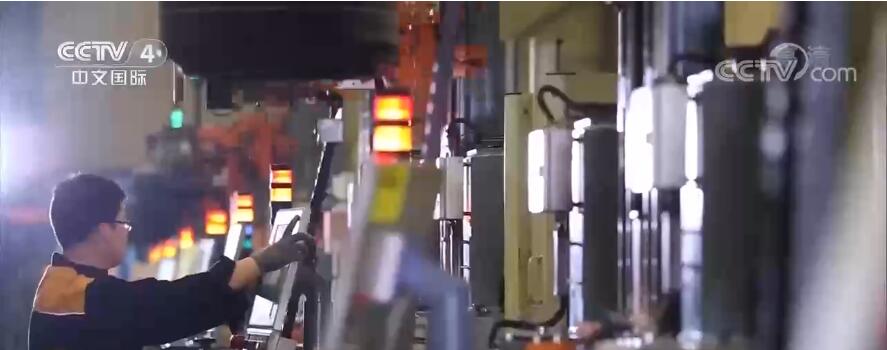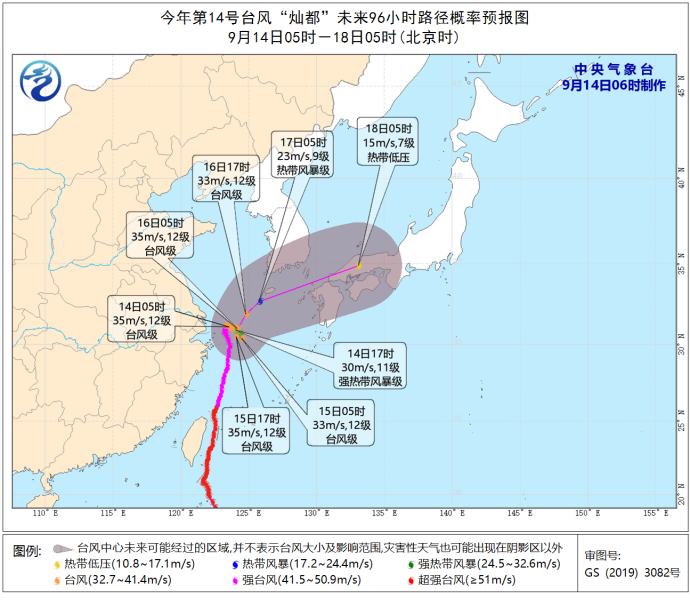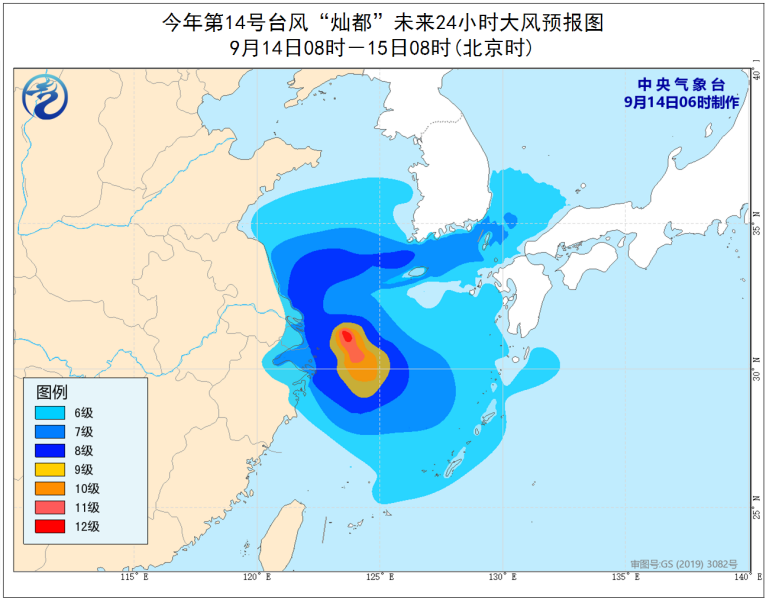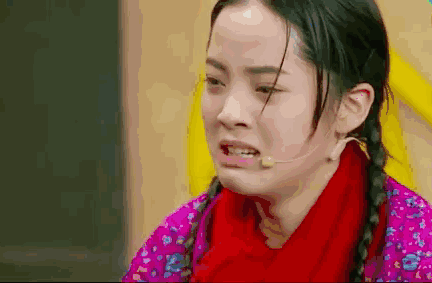With the recent investigation of many people in the medical system, the "anti-corruption storm" that swept through the medical circle continued to deepen.
According to the incomplete statistics of The Paper reporter, nearly 30 presidents, directors and secretaries of the medical system have been investigated in less than three weeks since July 21st, and about half of them have retired or retired, covering community hospitals, 3A hospitals and health system officials.
On July 21, according to the website of National Health Commission, recently, the National Health and Wellness Commission, the Ministry of Education, the Ministry of Public Security, the National Audit Office, the State-owned Assets Supervision and Administration Commission of the State Council, the General Administration of Market Supervision, the National Medical Insurance Bureau, the State Administration of Traditional Chinese Medicine, the National Bureau of Disease Control and National Medical Products Administration jointly held a video conference to deploy and carry out a one-year centralized rectification of corruption in the national pharmaceutical field. The meeting emphasized that the systematic governance of the pharmaceutical industry in all fields, all chains and full coverage should be carried out in depth to further form a high-pressure situation.
On July 28th, a video conference was held in Beijing to mobilize and deploy the discipline inspection and supervision organs to cooperate with the national centralized rectification of corruption in the medical field. The meeting pointed out that the law enforcement should be strengthened, leading cadres and key personnel should be closely watched, bribery should be investigated together, and efforts should be concentrated to investigate and deal with a number of corruption cases in the medical field, forming a momentum shock.
"The whole hospital is shrouded in a serious atmosphere." Recently, a doctor from a top-three hospital in a first-tier city told The Paper that the hospital had held several meetings on discipline rectification, and the inspection team was stationed to inspect the relevant leaders. Now all external meetings have been suspended. "This is definitely the strongest anti-corruption action in history."
"Everyone began to dissolve the group chat and delete information." A medical representative privately revealed that "everyone is silently waiting for the storm to calm down."
The heads of hospitals and health system officials in many places were investigated.
According to the recent report, the people investigated in the medical system are concentrated in the hospital leaders and local health and health commission officials, covering more than 10 hospital secretaries or deans, some of whom voluntarily surrendered.
On August 9th, the Supervision Committee of the Commission for Discipline Inspection of Shantou City, Guangdong Province announced that Li Guang, the president of the Medical Community Group of the Second People’s Hospital of longhu district City, Shantou City, was suspected of serious violation of discipline and law, and was currently under disciplinary review and supervision investigation by the Supervision Committee of the Commission for Discipline Inspection of longhu district City.
On August 8, according to the report of Guangdong Shaoguan Integrity Network, Liao Ying, secretary of the Party General Branch and president of qujiang district Maternal and Child Health Hospital, was suspected of serious violation of discipline and law, and is currently under disciplinary review and supervision investigation by the Supervision Committee of qujiang district Commission for Discipline Inspection.
On August 8th, the website also reported that another former director of qujiang district Maternal and Child Health Hospital, Wu Wenlan, was "double-opened". According to the circular, after investigation, Wu Wenlan lost his ideals and beliefs, deviated from his original mission, and was willing to be "hunted". During his tenure as the president of qujiang district Maternal and Child Health Hospital, he took advantage of his position to seek benefits for others in the procurement of medical equipment and medical consumables, and illegally accepted huge amounts of property.
On August 7th, according to the news of Shantou’s discipline inspection and supervision, Li Yonglong, vice chairman of Shantou jinping district CPPCC and secretary of the Party Group of District Health Bureau, was suspected of serious violation of discipline and law, and was currently under disciplinary review and supervision investigation by the Supervision Committee of Shantou Municipal Commission for Discipline Inspection.
On August 5th, Tibet Discipline Inspection and Supervision Network announced that Tang Rongke, secretary of the Party Committee of Xizang Autonomous Region Tibetan Hospital, was suspected of serious violation of discipline and law, and was currently under disciplinary review and supervision investigation by the Supervision Committee of the Xizang Autonomous Region Commission for Discipline Inspection.
Also on August 5, according to the Supervision Committee of the Commission for Discipline Inspection of Yangjiang City, Guangdong Province, Han Zhongxin, secretary of the Party branch of the Yangdong District Maternal and Child Health Hospital of Yangjiang City, was suspected of serious violation of the law and was currently under disciplinary review and supervision investigation by the Supervision Committee of the Yangdong District Commission for Discipline Inspection of Yangjiang City.
On August 4th, the Supervision Committee of the Discipline Inspection Commission of Licheng District, Putian City, Fujian Province released a message: Xu Kaibing, director of the Office of Putian City Health and Wellness Committee and secretary of the Discipline Inspection Commission of the government, was suspected of serious violation of the law, and was currently under the disciplinary review of the Discipline Inspection and Supervision Team of Putian City Health and Wellness Committee and the supervision investigation by the Supervision Committee of Licheng District, Putian City.
On August 4th, "Qingfeng Jieyang" announced that Lin Tiehan, secretary and head of the Party branch of the Third People’s Hospital of Jieyang City, was suspected of serious violation of the law and voluntarily surrendered himself. He is currently undergoing disciplinary review and supervision investigation by the Supervision Committee of the Jieyang Municipal Commission for Discipline Inspection.
"Shantou Discipline Inspection and Supervision" announced that Cai Zongxin, Party Secretary and Dean of Chaonan District Hospital of Traditional Chinese Medicine in Shantou City, was suspected of serious violation of the law, and is currently undergoing disciplinary review and supervision investigation by the Supervision Committee of Chaonan District Commission for Discipline Inspection.
On August 3, the Supervision Committee of the Commission for Discipline Inspection of Suizhou City, Hubei Province released a message: Ma Jun, deputy secretary of the Party Committee and chief accountant of Zengdu District Chinese Medicine Hospital and Suizhou High-tech Zone Hospital in Suizhou City, was suspected of serious violation of the law and was currently under disciplinary review and supervision investigation by the Supervision Committee of the Commission for Discipline Inspection of Zengdu District, Suizhou City.
On August 3rd, the Supervision Committee of the Commission for Discipline Inspection of Shantou City, Guangdong Province released a message: Lin Haidong, Party Secretary and Director of the Health Bureau of Chaonan District, Shantou City, is suspected of serious violation of discipline and law, and is currently under disciplinary review and supervision investigation by the Supervision Committee of the Commission for Discipline Inspection of Chaonan District.
The anti-corruption storm not only involves the leaders in charge of large hospitals, but also the directors of departments and township hospitals.
On July 28th, according to the news from the Supervision Committee of the Commission for Discipline Inspection of Jinghong City, Yunnan Province, Justin, director of the Procurement Office of the First People’s Hospital of Jinghong City, was suspected of serious violation of discipline and law, and was currently under disciplinary review and supervision investigation by the Supervision Committee of the Commission for Discipline Inspection of Jinghong City.
On July 27, the Supervision Committee of the Discipline Inspection Commission of Linfen City, Shanxi Province issued a notice saying that Li Yanfeng, dean of Dayang Town Health Center in Yaodu District, was suspected of serious violation of the law and was currently under disciplinary review and supervision investigation by the Supervision Committee of the Discipline Inspection Commission of Yaodu District.
On July 26, according to the news released by the authoritative department of Zhaoqing City, Guangdong Province, He Zhixin, secretary of the Party Committee and president of Huaiji County People’s Hospital, voluntarily surrendered himself on suspicion of serious violation of discipline and law, and is currently undergoing disciplinary review and supervision investigation by the relevant departments of Huaiji County.
On July 21, according to Jing ‘an Integrity News, Chen Jianhong, chief of the disease control department of Yuanzhou District Health and Health Commission of Jiangxi Province, was suspected of serious violation of the law and was currently under disciplinary review by Yuanzhou District Commission for Discipline Inspection. Designated by Yichun Municipal Supervision Commission, it is currently under the supervision and investigation of Jing ‘an County Supervision Commission. Yi Weifeng, president of Nanmiao Town Center Health Center in Yuanzhou District, Jiangxi Province, was suspected of serious violation of the law and voluntarily surrendered himself. He was appointed by the Municipal Supervision Committee of Yichun City Commission for Discipline Inspection and is currently undergoing disciplinary review and supervision investigation by the County Supervision Committee of Jing ‘an County Commission for Discipline Inspection.
Report the wind rising
At the same time of intensive anti-corruption, reports on people in the medical system are also endless.
On August 10th, Hunan Provincial Health and Health Commission released the Information Bulletin in official website: The Hunan Provincial Health and Health Commission and Central South University attached great importance to the related materials reported by some medical staff in the Department of Respiratory and Critical Care Medicine of the Third Xiangya Hospital of Central South University, and set up a joint investigation team to verify the relevant information one by one. Once verified, it will be dealt with seriously according to the law.
More than a dozen retired hospital leaders were investigated.
It is worth mentioning that among the "top leaders" of the medical system, there are many retired and retired people. Since the end of July, more than 10 people in the medical system have announced that they have retired or left their posts at the time of investigation.
On August 10th, the website of Heilongjiang Provincial Commission for Discipline Inspection quoted the qitaihe city Commission for Discipline Inspection as saying that Wang Qun, the former president of qitaihe city People’s Hospital, was suspected of serious violation of discipline and law, and was currently under disciplinary review and supervision investigation.
On August 8th, Hou Yuezhi, former Party Secretary of the Second People’s Hospital of Binzhou City, Shandong Province, was informed that he had been sentenced to four years and six months in prison and fined RMB 300,000.
According to the circular, from 2009 to 2022, during his tenure as Party Secretary and Dean of Zhanhua District People’s Hospital and Party Secretary of the Second People’s Hospital, Hou Yuezhi repeatedly arranged for others to illegally intervene and intervene in market economy activities such as the construction of the Second People’s Hospital, infrastructure projects and medical equipment procurement, which caused adverse effects. In addition, Hou Yuezhi has other serious violations of discipline and law. In January 2023, Hou Yuezhi was expelled from the party and dismissed from public office. In March 2023, Hou Yuezhi was sentenced to four years and six months in prison and fined RMB300,000.
On August 7th, according to the news of "Breeze Jieyang", Zhang Zhuangquan, Party Secretary and Director of the former Health Bureau of Jiexi County, Guangdong Province, was expelled from the Party for serious violation of discipline and law, and his retirement benefits were cancelled.
On the evening of the 7th, the Supervision Committee of the Discipline Inspection Commission of Xishuangbanna, Yunnan Province released a message: Cha Yufei, the former chief of the Medical Equipment Department of Xishuangbanna People’s Hospital, was suspected of serious violation of the law and was currently under disciplinary review by the Disciplinary Committee of Xishuangbanna; It is under the jurisdiction designated by Xishuangbanna State Supervisory Committee and is under the supervision and investigation of Mengla County Supervisory Committee.
On August 4th, "Xinhui Qingfeng" announced that Huang Jinlian, former party secretary of Xinhui District People’s Hospital in Jiangmen City, was suspected of serious violation of the law and discipline, and was currently under disciplinary review and supervision investigation by the Supervision Committee of Xinhui District Commission for Discipline Inspection in Jiangmen City.
On the same day, the Supervision Committee of Dianjiang County Commission for Discipline Inspection in Chongqing reported that Liu Minghuai, the former president of Dianjiang County Hospital of Traditional Chinese Medicine, was suspected of serious duty violation and was currently under the supervision of the County Supervision Committee.
On July 29th, according to the news from the Supervision Committee of Hubei Provincial Commission for Discipline Inspection, He Shaobin, vice president of Hubei University of Traditional Chinese Medicine and former president of Hubei Provincial Hospital of Traditional Chinese Medicine, was suspected of serious violation of discipline and law, and was currently under disciplinary review and supervision investigation by the Supervision Committee of Hubei Provincial Commission for Discipline Inspection.
On July 26th, according to Tian Cheng Qingfeng, a few days ago, with the approval of Zizhong County Committee, the Supervision Committee of Zizhong County Commission for Discipline Inspection conducted a case review and investigation on Liao Anhui, former deputy secretary of the General Party Branch and president of Zizhong County Hospital of Traditional Chinese Medicine.
On July 25, the Supervisory Committee of the Sichuan Provincial Commission for Discipline Inspection released a message that Cao Lisheng, the former secretary of the Party Committee of the First People’s Hospital of Liangshan Prefecture, was suspected of serious violation of the law and was currently undergoing disciplinary review and supervision investigation by the Supervisory Committee of the Liangshan Prefecture Commission for Discipline Inspection.
On July 25th, according to the website of the Supervision Committee of Shandong Provincial Commission for Discipline Inspection, Lu Yongtao, the former party secretary of the Third Hospital of Shandong Province, was suspected of serious violation of the law and voluntarily surrendered himself and accepted the investigation.
On July 24, according to Qingfeng Zhaoqing, the former president of the First People’s Hospital of Fengkai County, Guangdong Province was suspected of serious violation of the law all week and voluntarily surrendered himself. At present, he is undergoing disciplinary review and supervision investigation by the Supervision Committee of the Commission for Discipline Inspection of Fengkai County.
On July 22, according to the news of Zhaotong Municipal Commission for Discipline Inspection, recently, with the approval of Zhaotong Municipal Commission for Discipline Inspection and Supervision, the Discipline Inspection and Supervision Team of the Municipal Commission for Discipline Inspection and Supervision in the Municipal Health and Health Commission filed a case review on Tang Yan, former member of the Party Committee and vice president of the Municipal Hospital of Traditional Chinese Medicine. Appointed by Zhaotong Municipal Supervision Commission, Qiaojia County Supervision Commission initiated an investigation into Tang Yan’s suspected crime.
On July 21, according to the news of Qingfeng Luzhou, a few days ago, the Supervision Committee of the Discipline Inspection Commission of Gulin County, Sichuan Province conducted a case review and investigation on Li Shengtian, the former secretary of the First Party Branch of Gulin County Hospital of Traditional Chinese Medicine and the former director of the Anesthesiology Department.















































